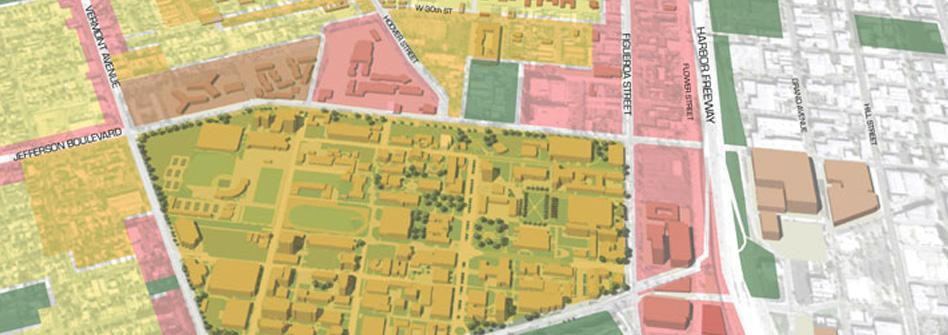
Estate Planning & Administration Law

Energy & Communications Law
Our attorneys provide legal services in all areas of environmental law, including land use, climate change, cleanup and redevelopment related to cleanup. Our team is among the most experienced in the state and serves clients across the country. The team includes dedicated transactional attorneys, compliance counselors, regulatory representatives and litigators whose collective depth allows us to meet our clients’ needs in a manner that is practical, efficient and highly effective. Our Environmental & Land Use Group frequently works with multidisciplinary teams from our firm’s insurance coverage, real estate, construction, employment, tax and corporate practices when a client’s interests in environmental matters demands expertise in other areas of the law.
Collaboration with our real estate, insurance coverage and corporate practice groups, for instance, allows us to handle property purchases and sales, and brownfields cleanup and redevelopment from “cradle to grave.” We are also experienced in working with non-legal professionals from the insurance, technical, legislative and public relations communities to develop client strategies and solutions to achieve client objectives.
Services Provided
- Facility siting and permitting, certificates of public good, and other requirements for the development of renewable energy project such as solar and wind
- Environmental cleanup and related redevelopment (e.g., “Brownfields”), whether in response to regulatory enforcement or simply related to the purchase or sale of contaminated or potentially contaminated property
- Hearings and other proceedings before courts and regulatory bodies
- Drafting insurance policy language, and negotiating and litigating insurance policy coverage for environmental claims (by regulators and/or by private parties) with respect to soil, air and groundwater contamination at Brownfield, Superfund and other contaminated sites
Related Posts (View All)
Frequently Asked Questions
Yes, you need a permit referred to as a certificate of public good. The Vermont Public Service Board reviews these projects. The applicable rules depend on the size and type of the solar project (i.e. roof top versus ground mounted).
No, the permitting statute for solar projects – 30 V.S.A. § 248 – trumps Act 250 and thus, if a solar developer obtains a certificate of public good, it does not need to amend an existing Act 250 permit.
The Environmental Court entertains appeals from a variety of state and local regulatory entities. These appeals include decisions from municipal enforcement, Agency of Natural Resources enforcement, Natural Resources Board enforcement, decisions issued by the District Commission in Act 250 permit matters and jurisdictional decisions issued by the Natural Resources Board. The Environmental Court also hears appeals from local zoning boards.
Yes. Although environmental risks have largely been excluded from General Liability, Directors and Officers (D&O) since the 1980s, “specialty lines” policies are available for most environmental risks. Our team has assisted clients in the drafting, purchase, and claims process of hundreds of these policies, with limits ranging from $1 million to over $400 million. In the rare instances where commercial insurers will not provide environmental coverage (or will do so only at a forbidding premium), some entities obtain coverage through captive insurance companies, Risk Retention Groups, and other alternative risk transfer mechanisms. Our captive insurance team regularly assists with captive and RRG formation.

